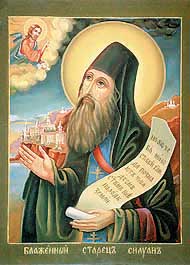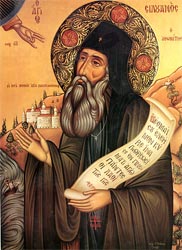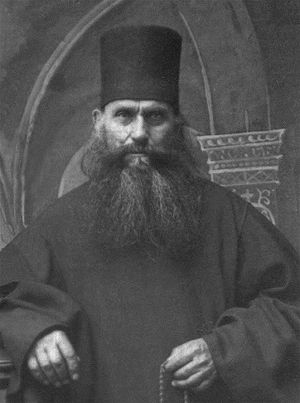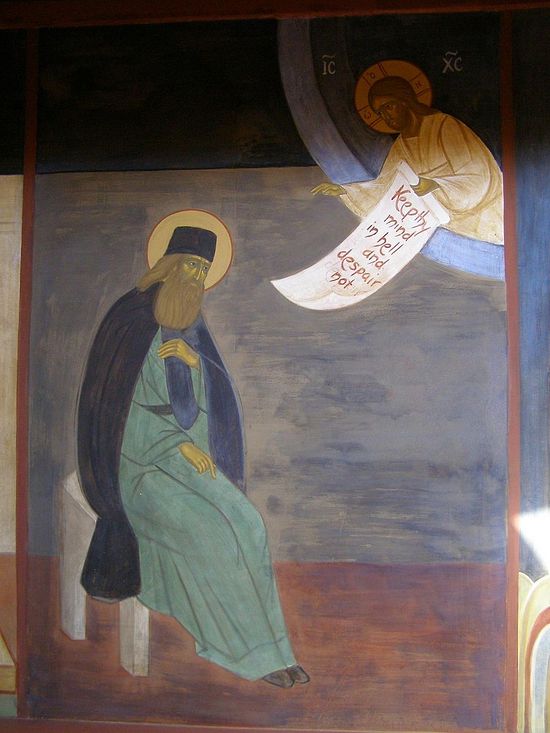 Although it is natural and usual to love those who love us and to do good to those who do good to us (Mt 5:46-47; Lk 6:32-33), to love our enemies is distasteful to our nature. One can say that it isn’t in our power but is an attitude that can only be the fruit of grace, given by the Holy Spirit. This is why St. Silouan the Athonite writes, "The soul that has not known the Holy Spirit does not understand how one can love one’s enemies, and does not accept it."
Although it is natural and usual to love those who love us and to do good to those who do good to us (Mt 5:46-47; Lk 6:32-33), to love our enemies is distasteful to our nature. One can say that it isn’t in our power but is an attitude that can only be the fruit of grace, given by the Holy Spirit. This is why St. Silouan the Athonite writes, "The soul that has not known the Holy Spirit does not understand how one can love one’s enemies, and does not accept it."
The Staretz repeatedly says that love of enemies is impossible without grace: "Lord, You have given the commandment to love enemies, but this is difficult for us sinners if Your grace is not with us"; "Without God’s grace we cannot love enemies"; "He who does not love his enemies, does not have God’s grace"; "He who has not learned to love from the Holy Spirit, will certainly not pray for his enemies." On the contrary, St. Silouan always teaches that this attitude is a gift of the Holy Spirit: "The Lord has commanded us to love our enemies, and the Holy Spirit reveals this love to us"; "One can only love one’s enemies through the grace of the Holy Spirit"; "When you will love your enemies, know that a great divine grace will be living in you."



